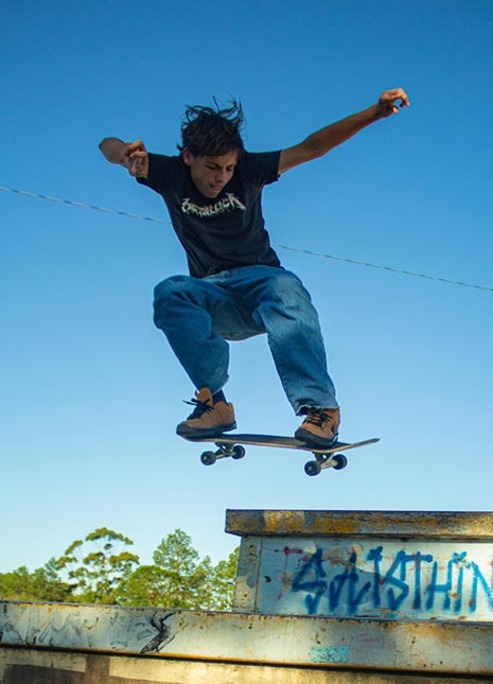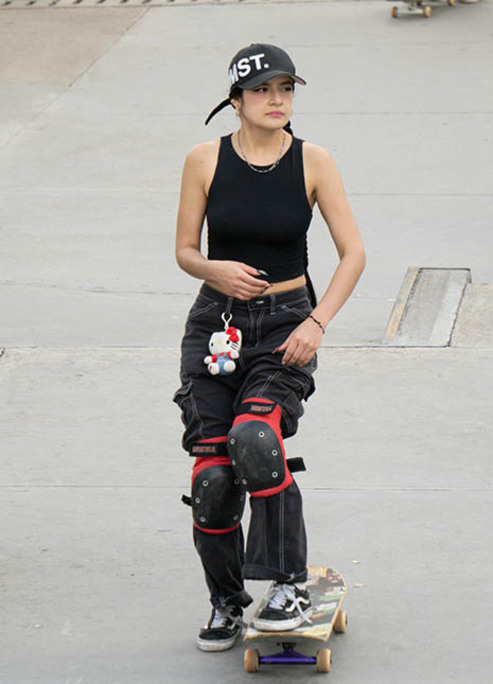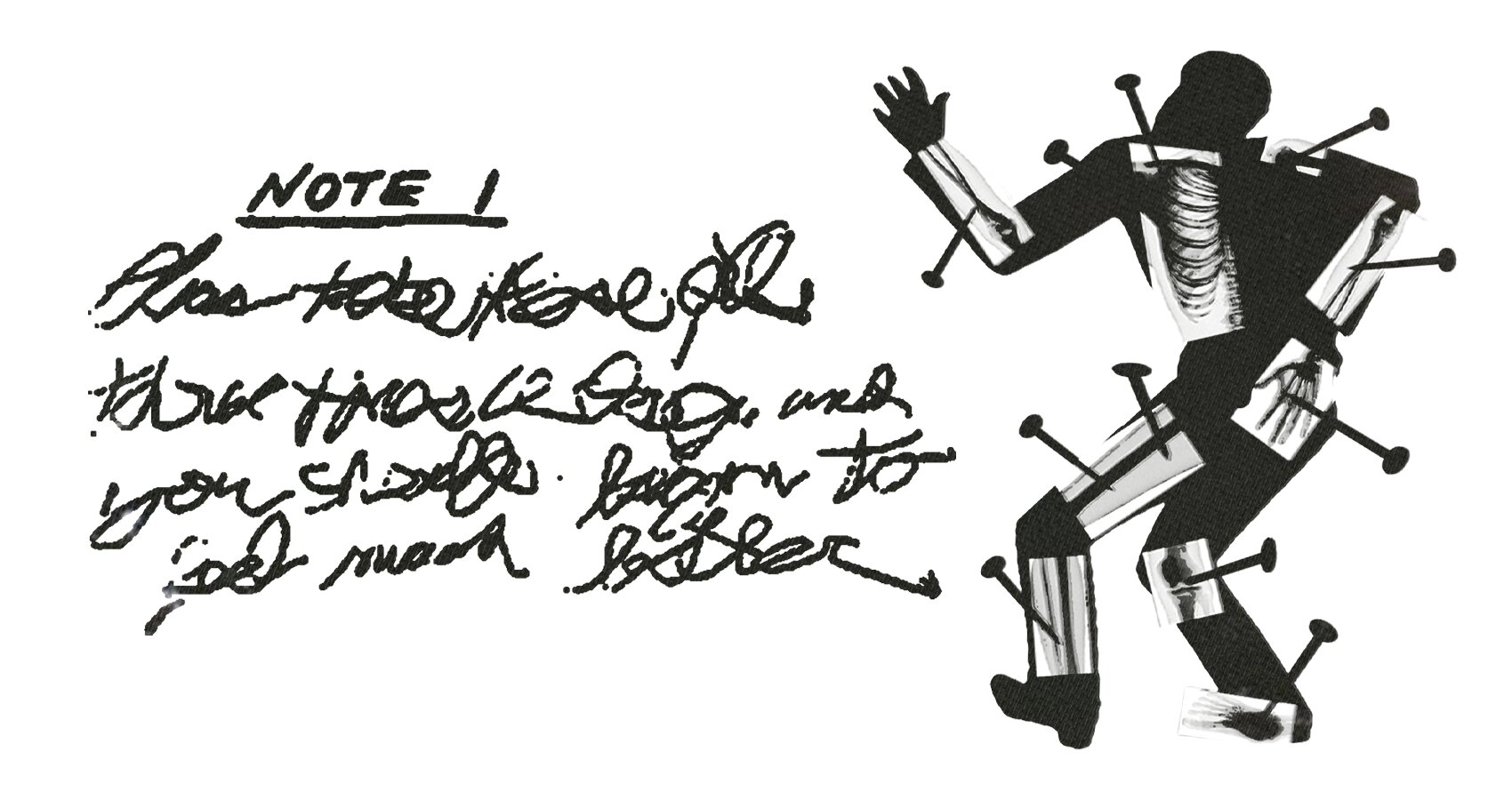
The Importance of Addressing Recurring Pains in Skateboarding
In the world of skateboarding, there exists an unspoken truth, a sensitive topic that many skaters prefer to deny. This article aims to uncover this truth, urging skaters to confront recurring pains that are often ignored. While delving into the physical and psychological aspects of these pains, we explore the evolutionary roots of pain receptors and the consequences of dismissing the body's signals.
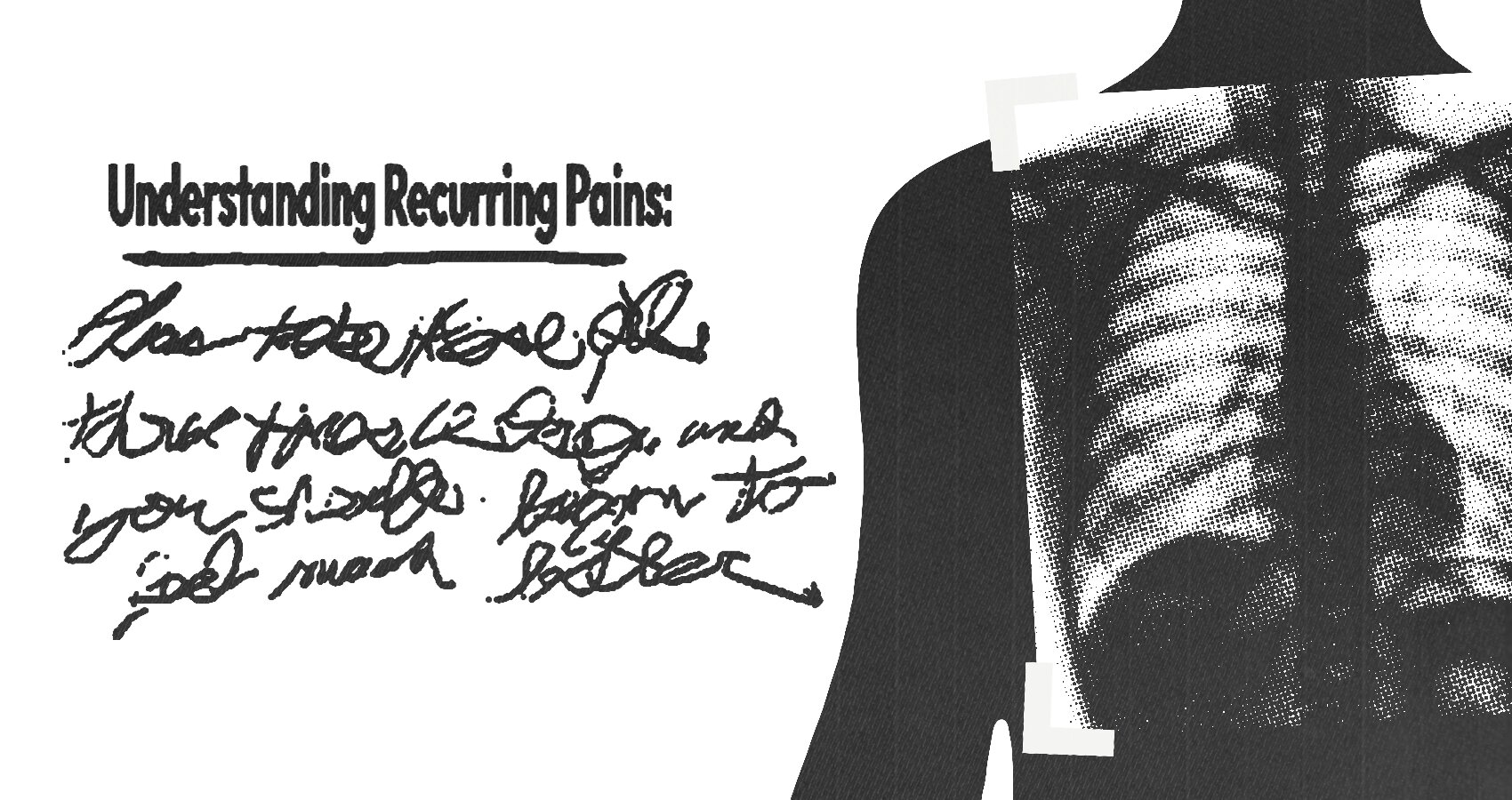
Understanding Recurring Pains:
Recurring pains, much like the protective mechanisms developed by our fish ancestors, serve as warnings that something is amiss in our bodies. Despite skaters' high pain thresholds, the ability to ignore these warnings can lead to long-term consequences. The importance of acknowledging and addressing these pains rather than living in denial, as continuing to skate without making necessary changes can exacerbate the issue.
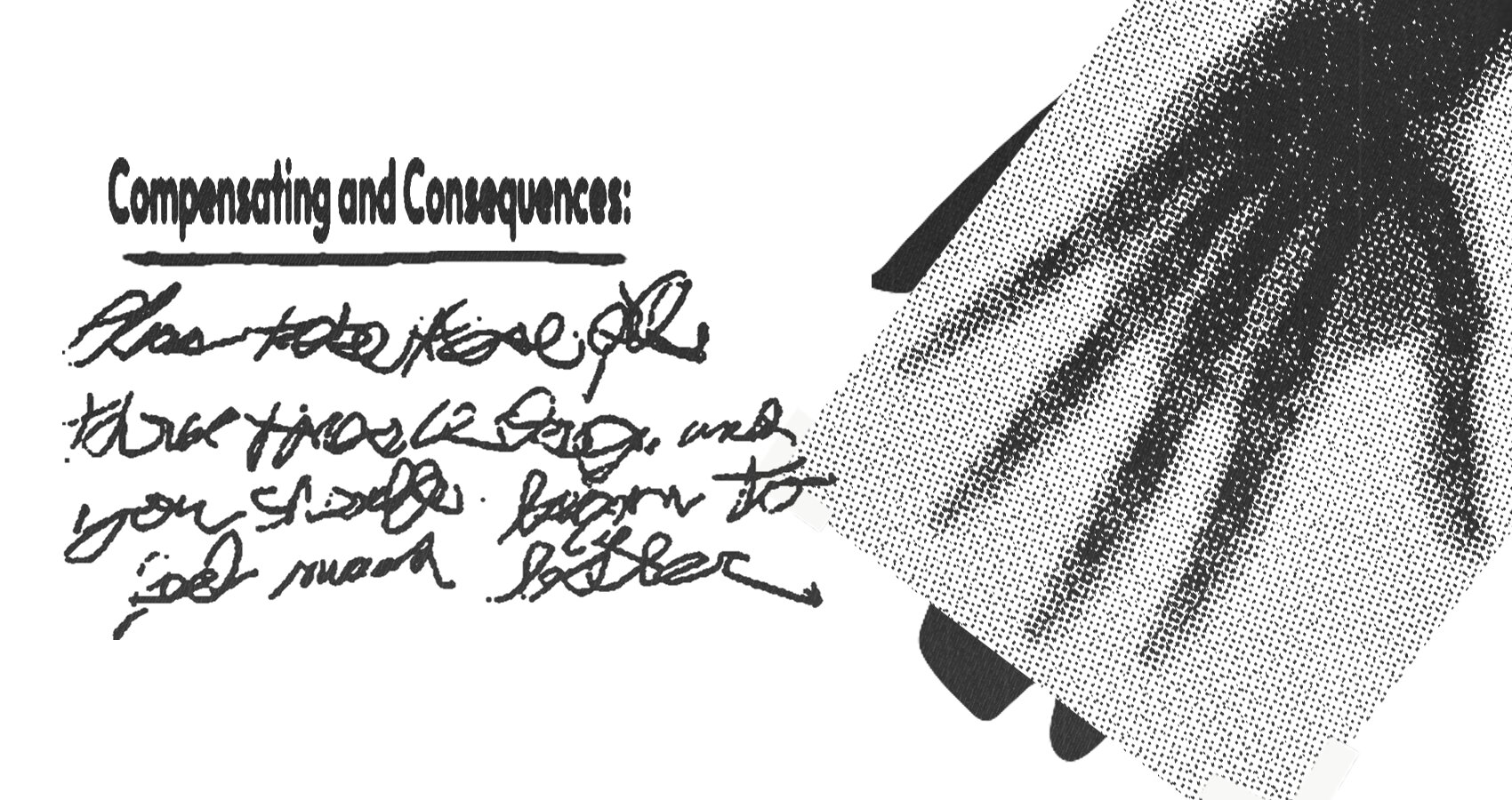
Compensating and Consequences:
Skaters often compensate for recurring pains by adjusting their skating style or shaking off discomfort. However, the body, much like an intricate machine, can end up passing the burden onto other areas, leading to injuries on different body parts. The significance of listening to the body, drawing a parallel between ignoring pain and muting a phone call. It's important to listen to their body's signals and provide the attention it deserves.
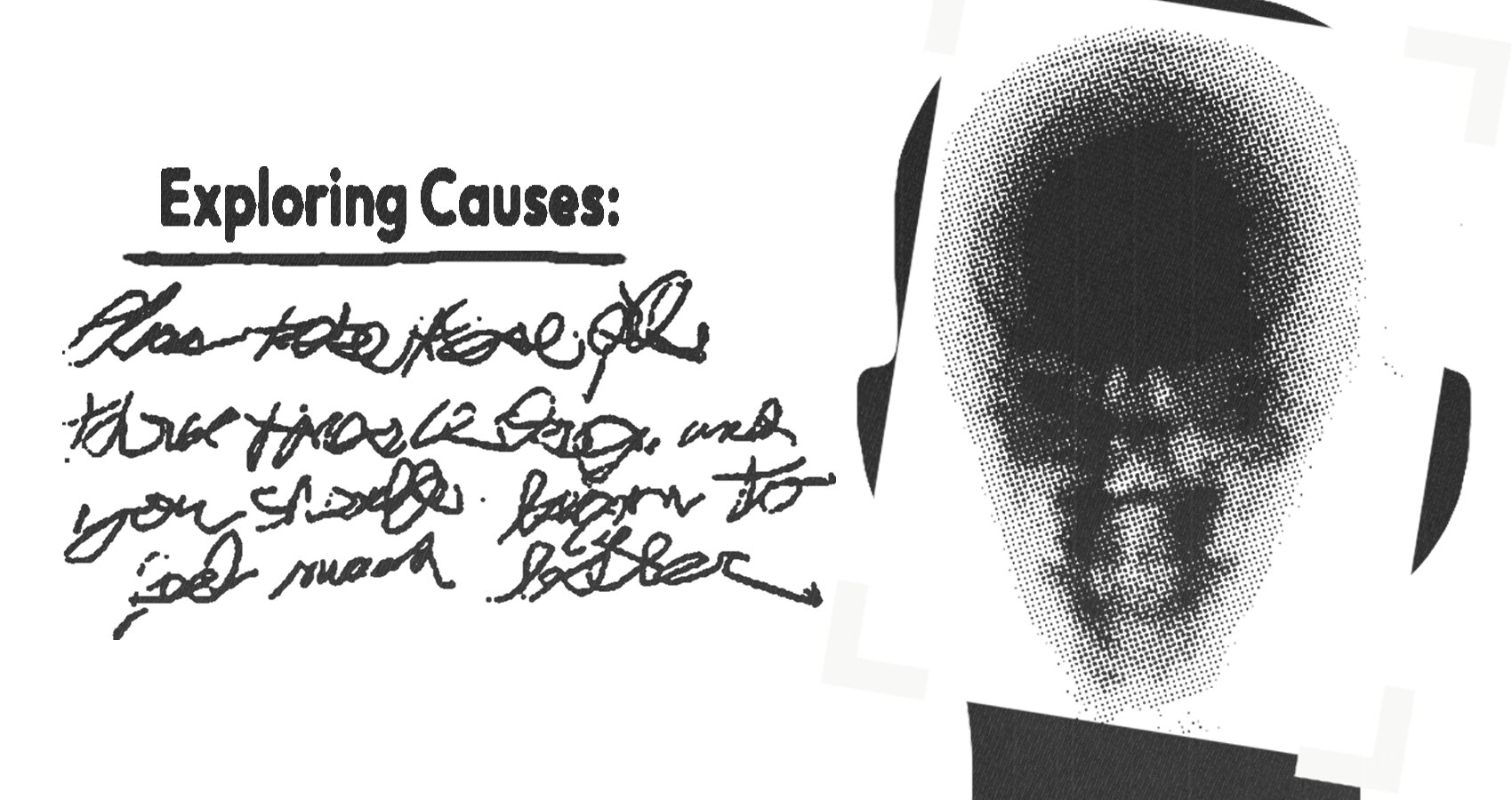
Exploring Causes:
Recurring pains can stem from various causes, including inadequate rehabilitation of previous injuries, muscular imbalances, physical damage to muscles, joints, or ligaments, and over-skating without proper rest. Rest, proper nutrition, and learning effective recovery methods to alleviate these pains. It's important to understanding how to recover better, for skaters can diminish the prevalence of recurring pains.
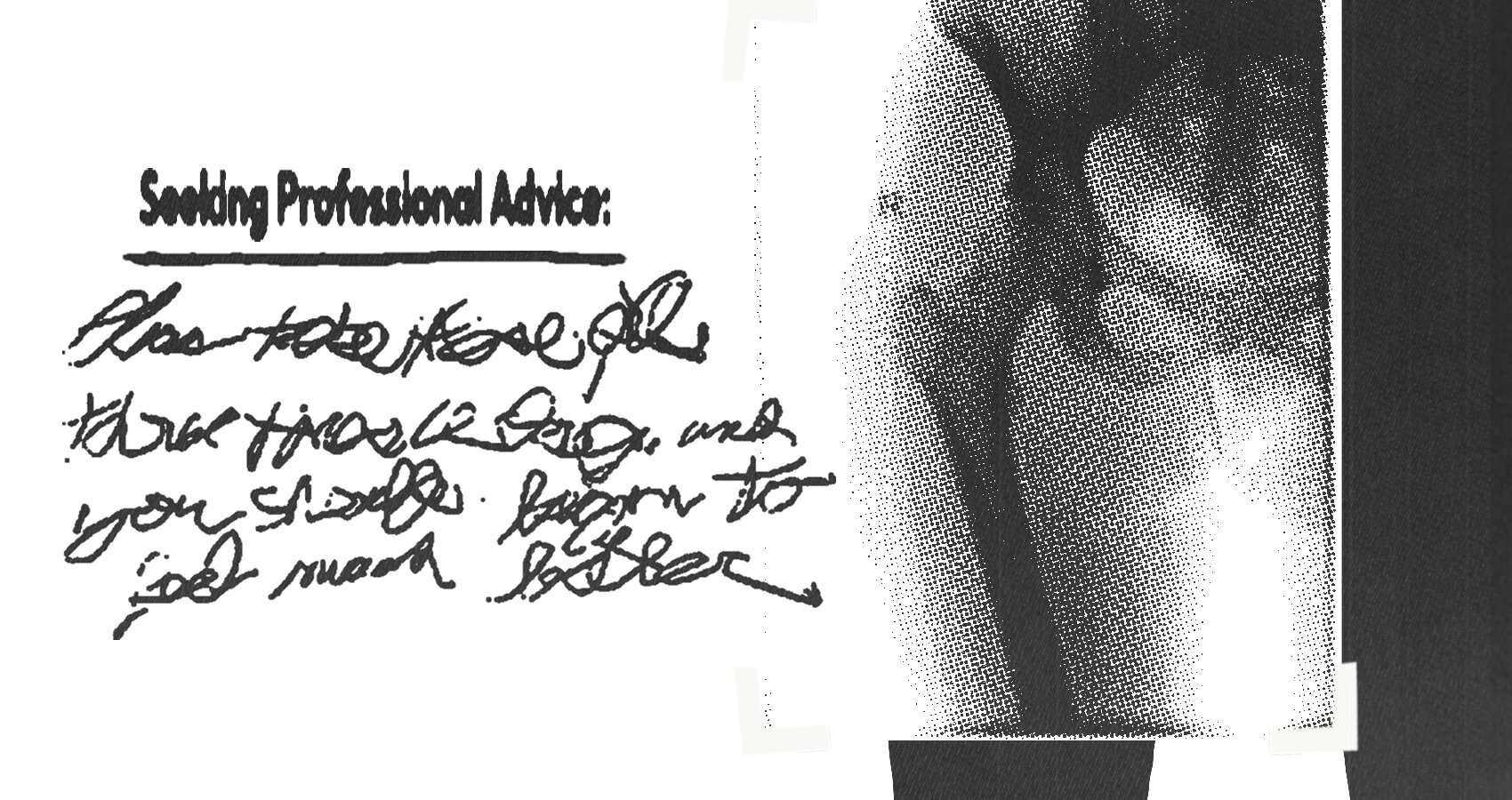
Seeking Professional Advice:
Whether caused by muscular imbalances, previous injuries, or other factors, recurring pains often necessitate specific exercises and interventions. It's a good idea to consult a sports physiotherapist for personalized advice. By addressing issues promptly, skaters may avoid extended periods off their boards and, instead, receive exercises to perform between sessions.
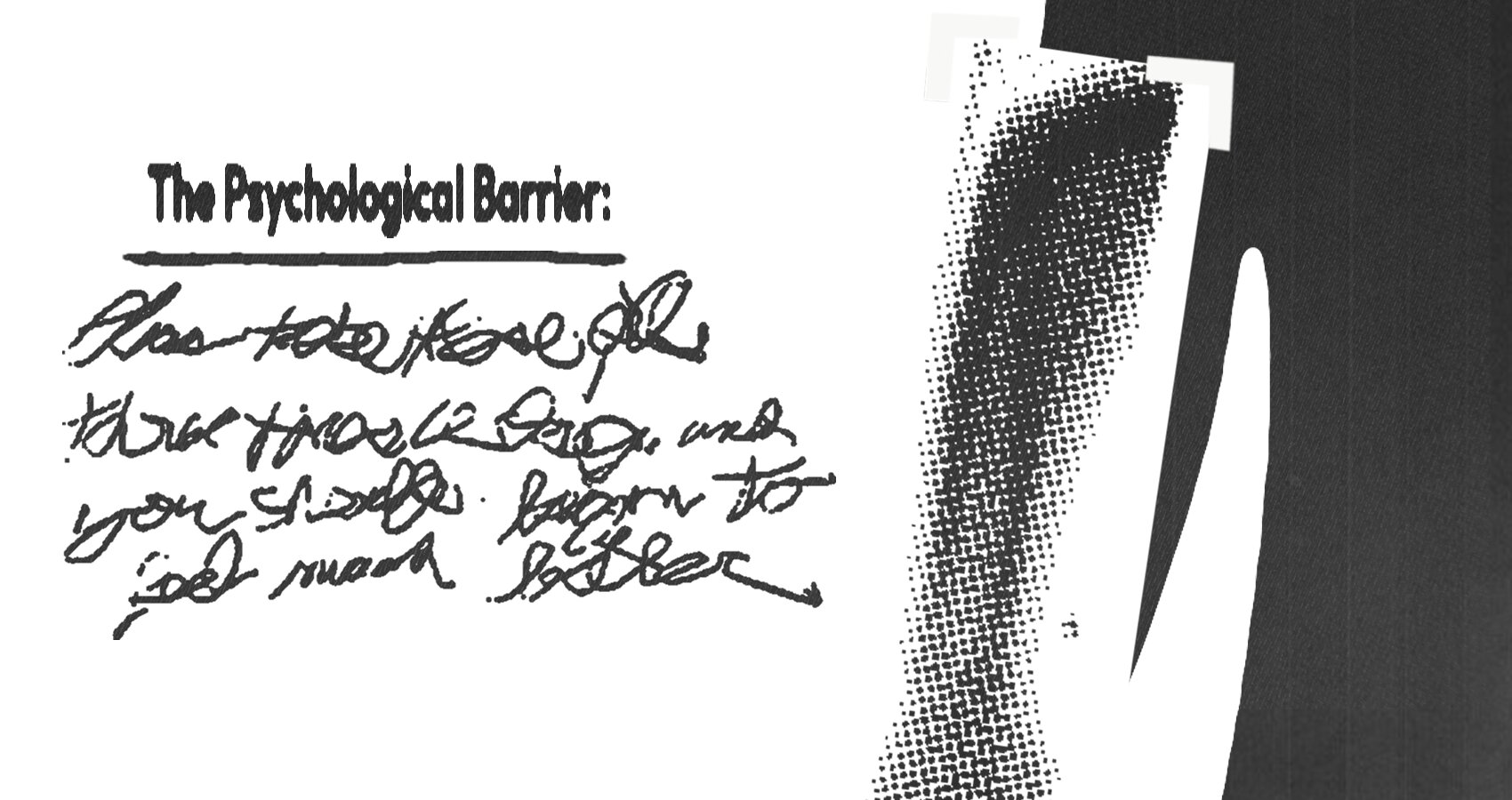
The Psychological Barrier:
The psychological aspect of why skaters tend to ignore recurring pains, attributing it to the intense desire to skate is a very real thing. Overcoming this psychological block, this is as challenging as the rehabilitation process itself. It takes a lot of will and the long-term benefits of addressing recurring pains promptly is very good.
Conclusion:
Skaters have to prioritize their health, seek professional advice, and overcome the psychological barriers that may hinder rehabilitation. By addressing these pains head-on, you and other skaters can not only continue their passion but also ensure a stronger and healthier future on the board.



